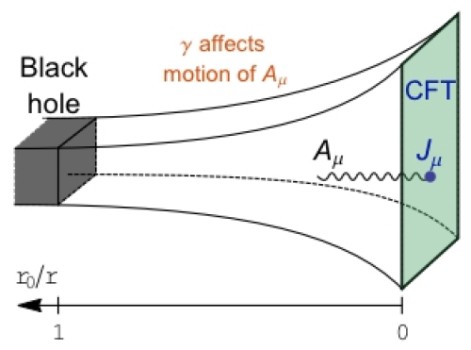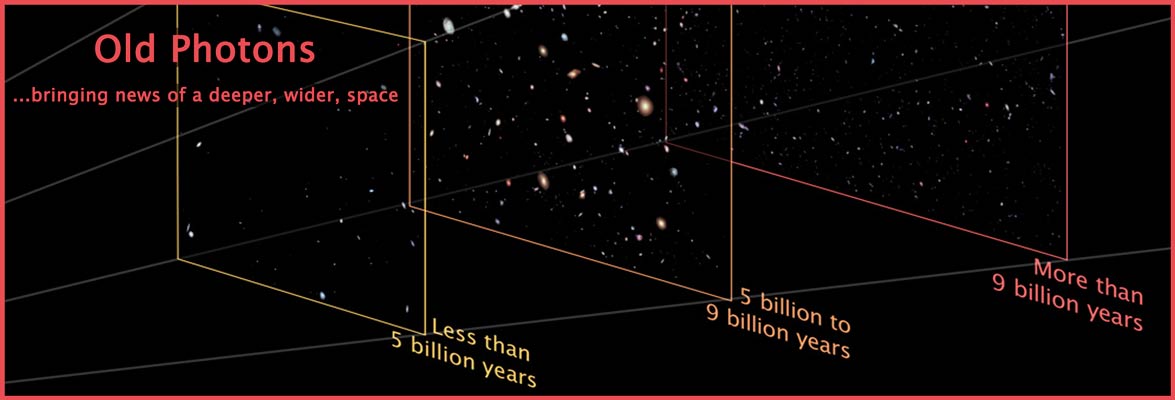Strange materials cropping up in condensed matter laboratories
“Condensed matter physicists study the behaviour of electrons in many materials — semiconductors, metals, and exotic materials like superconductors.”
Normally, these physicists can model the behaviour of a material as if electrons were moving freely around inside it. Even if that’s not what’s actually happening, because of complex interactions, it makes the model easy to understand and the calculations easier to do. Electrons (and occasionally other particles) used in this kind of short-hand model are called quasi-particles.
However, there are a handful of systems that cannot be described by considering electrons (or any other kind of quasi-particle) moving around.
“What we try to do is understand a quantum system where you have electricity without electrons,” says Sachdev. “Of course, the system does have electrons in it, but the behaviour of the system doesn’t look like electrons moving at all. What you see is not even particles, but some lumps of quantum excitations that are doing strange quantum things.”
OK, so there are mathematical reasons to use this, but are they signifying something that is real?

“Most condensed matter people would go: ‘Why is there a black hole in this paper?’ It’s crazy. But what’s even crazier is that this mathematical machinery works quite well. It gives you answers that make a lot of sense. You can compare them directly with Erik’s Monte Carlo results, and they check out.”
It’s the first time results from a traditional large-scale condensed matter simulation have been compared to results from the new string theory approach.
Sachdev is cautiously thrilled: “There are a couple of issues we don’t fully understand and one discrepancy we wish we understood better, but in general it’s worked extremely well. It’s progress on something I’ve been thinking about for more than 20 years. And now we finally have a theory that is perhaps not complete, but is encouragingly successful.”
